Media Outreach Campaign Planning Tools Checklist
A structured framework for planning a targeted media outreach campaign. Define goals, audience, key messages, and distribution channels to engage journalists, influencers, and the public effectively.
Campaign Objective
FAQ
How can I integrate this Checklist into my business?
You have 2 options:
1. Download the Checklist as PDF for Free and share it with your team for completion.
2. Use the Checklist directly within the Mobile2b Platform to optimize your business processes.
How many ready-to-use Checklist do you offer?
We have a collection of over 5,000 ready-to-use fully customizable Checklists, available with a single click.
What is the cost of using this Checklist on your platform?
Pricing is based on how often you use the Checklist each month.
For detailed information, please visit our pricing page.
What is Media Outreach Campaign Planning Tools Template?
A comprehensive template used to plan and organize media outreach campaigns, typically including sections for setting goals, identifying target media outlets and journalists, crafting key messages, and developing a distribution strategy.
How can implementing a Media Outreach Campaign Planning Tools Template benefit my organization?
Implementing a Media Outreach Campaign Planning Tools Template can significantly benefit your organization in several ways:
- Enhanced Efficiency: By having a structured template, you'll be able to streamline your outreach process, reducing time and effort spent on planning.
- Improved Communication: The template will ensure that all relevant stakeholders are informed and aligned with the campaign objectives, leading to more effective collaboration.
- Increased Clarity: With a clear and concise plan in place, you'll avoid confusion and miscommunication, ensuring everyone is working towards the same goal.
- Better Measurement and Evaluation: The template will help you establish key performance indicators (KPIs), enabling you to track progress, identify areas for improvement, and make data-driven decisions.
- More Targeted Approach: By utilizing a template, you'll be able to tailor your outreach efforts to specific audiences, increasing the likelihood of successful engagement and media coverage.
- Consistency and Accountability: Implementing a template ensures that all stakeholders are held accountable for their roles and responsibilities throughout the campaign, promoting consistency and accountability.
What are the key components of the Media Outreach Campaign Planning Tools Template?
Media Outlet Research and Targeting
- Key Messages and Press Release Development
- Pitching Strategies and Materials
- Media Calendar and Event Scheduling
- Relationship Building and Follow-up
- Evaluation and Measurement
- Budgeting and Resource Allocation
Target Audience
Media Channels
Content Strategy
Budget Allocation
Timeline and Milestones
Risk Management
Evaluation and Reporting
Expense Reduction
 34%
34% Development Speed
 87%
87% Team Productivity
 48%
48% Generate your Checklist with the help of AI
Type the name of the Checklist you need and leave the rest to us.
 Made in Germany
Made in Germany Fair Pricing Policy
Fair Pricing Policy


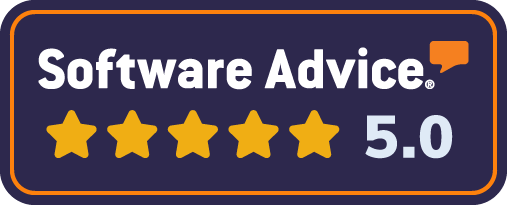










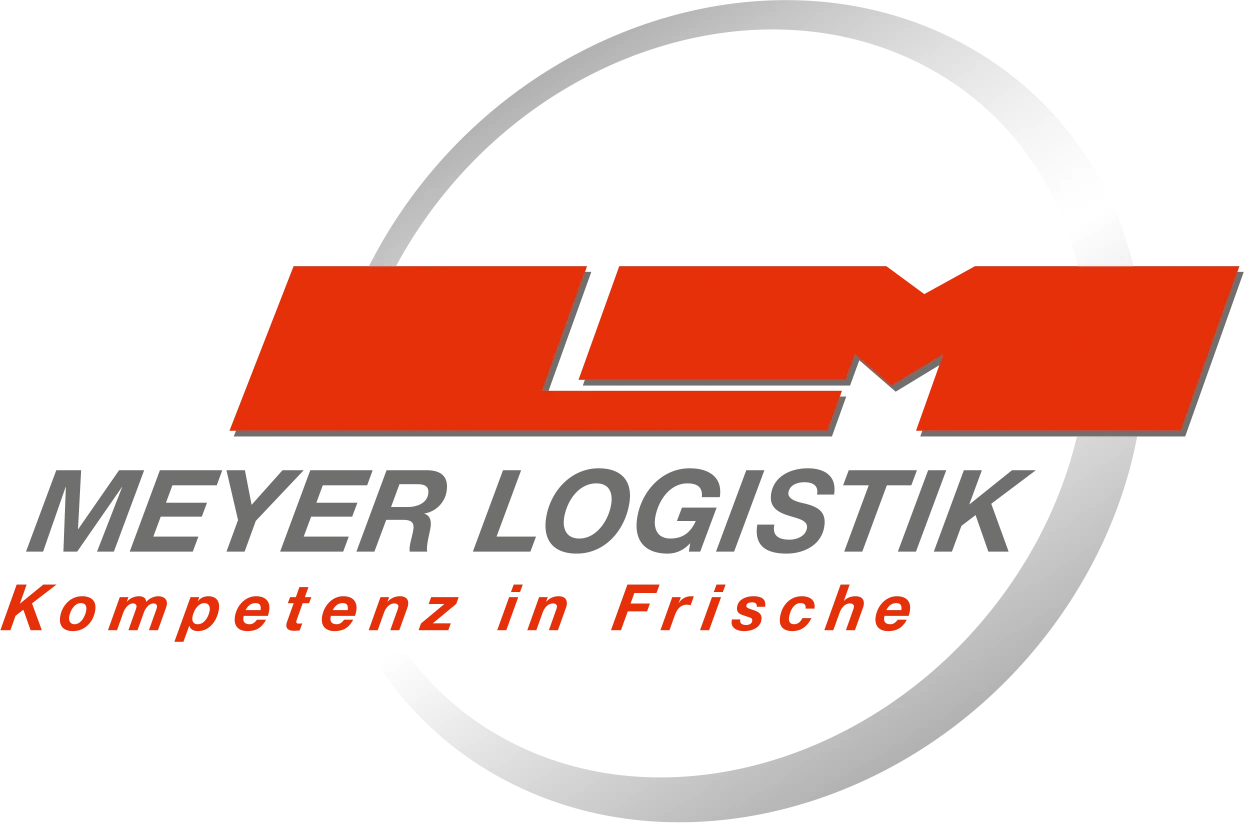



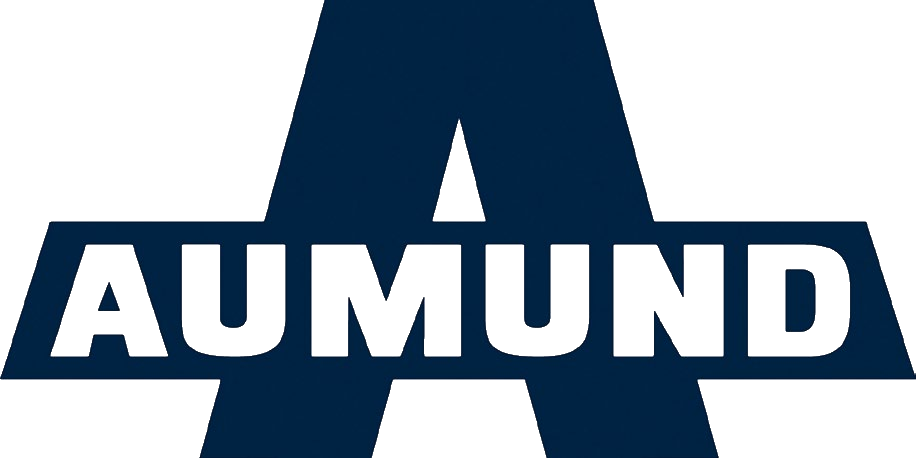


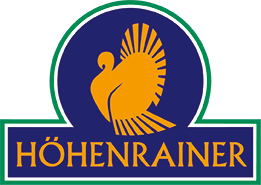

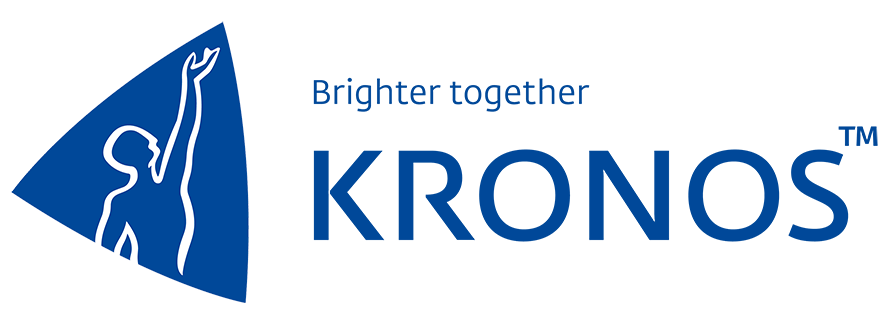




 Certified Security and Data Protection
Certified Security and Data Protection Active Support and Customer success
Active Support and Customer success Flexible and Fully customizable
Flexible and Fully customizable